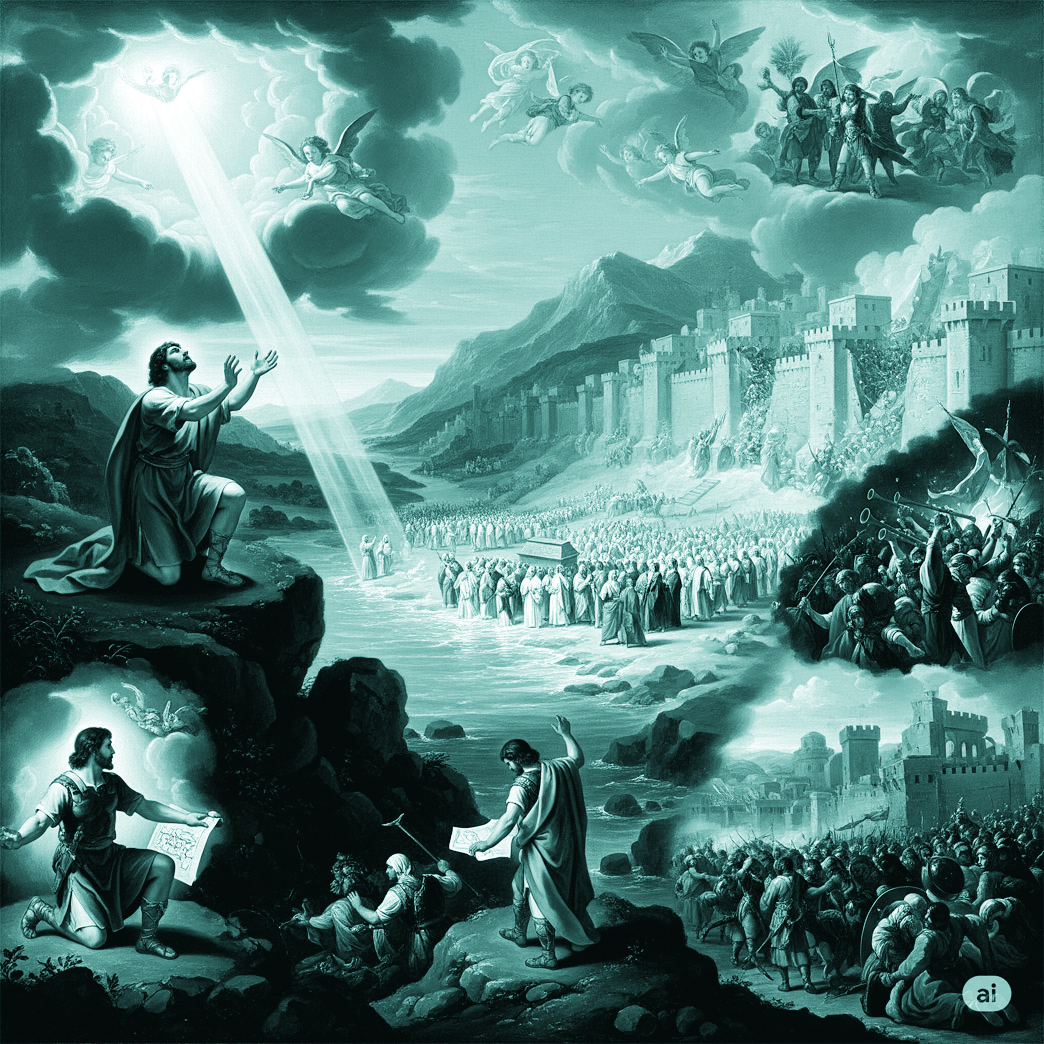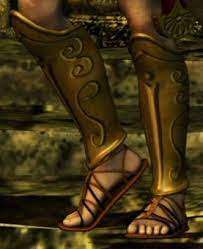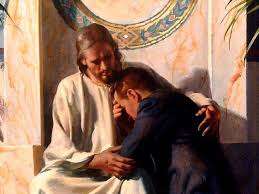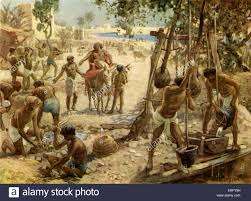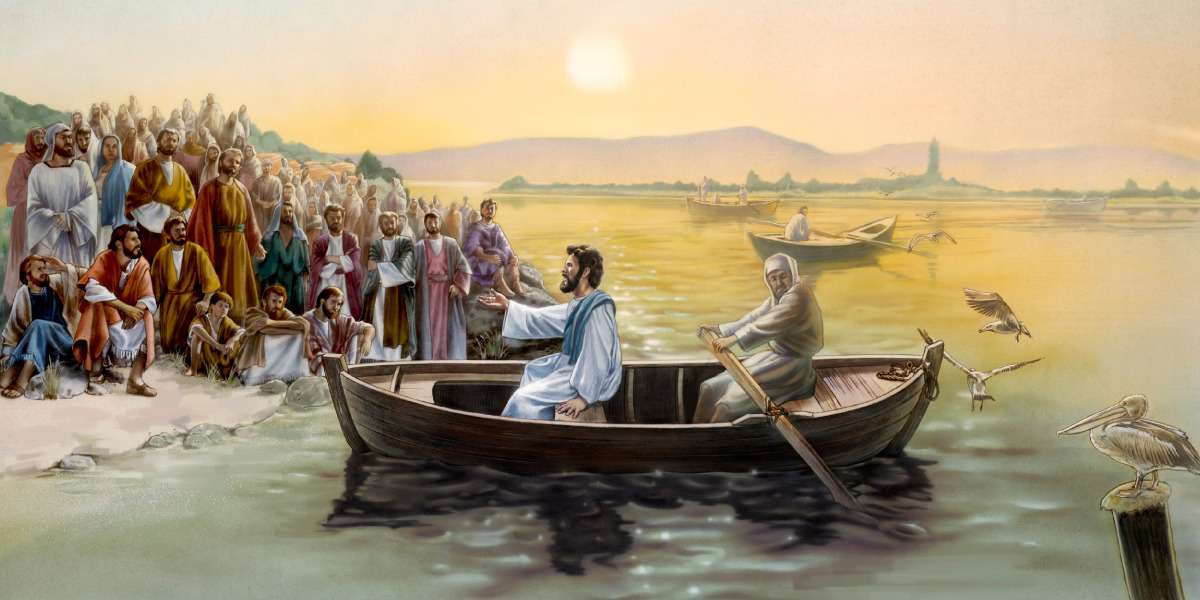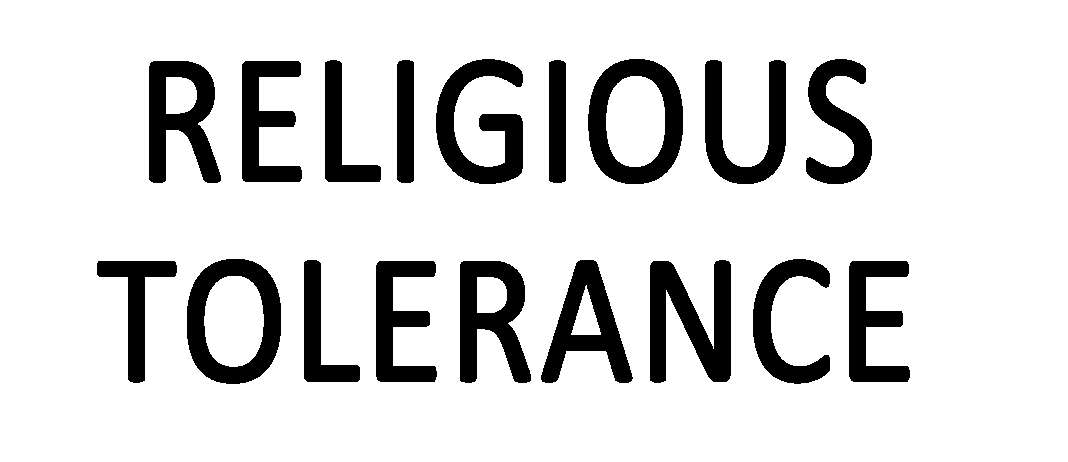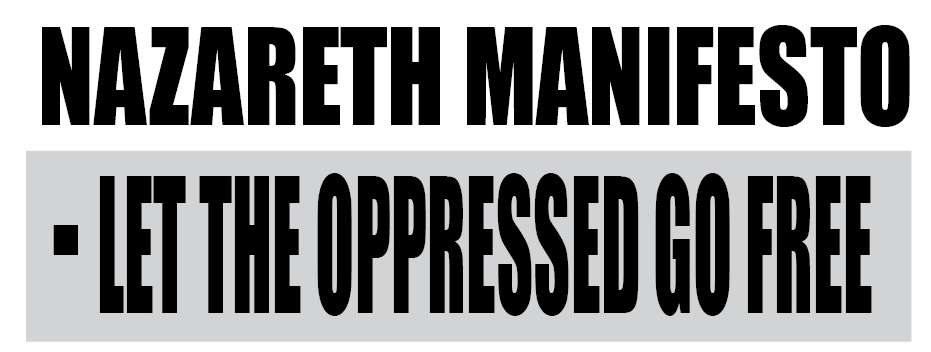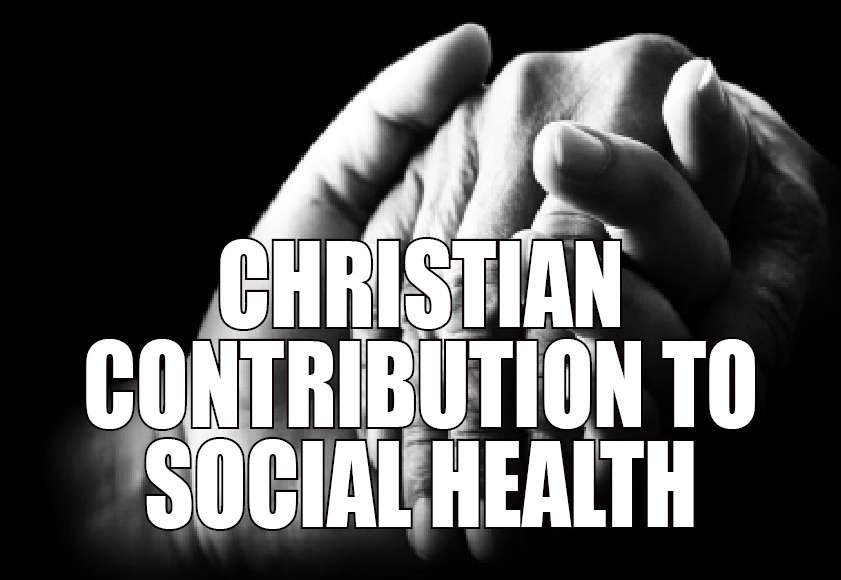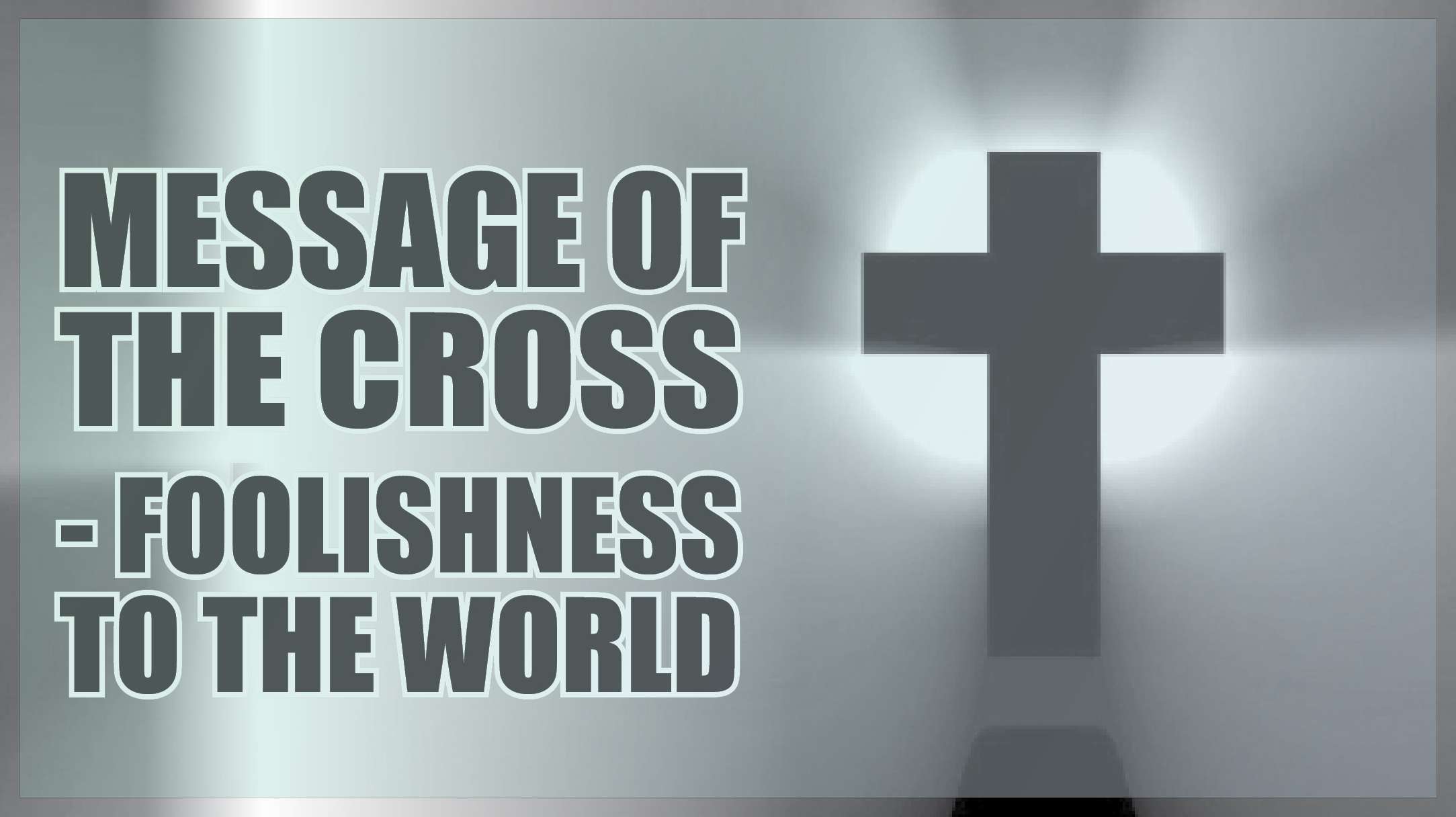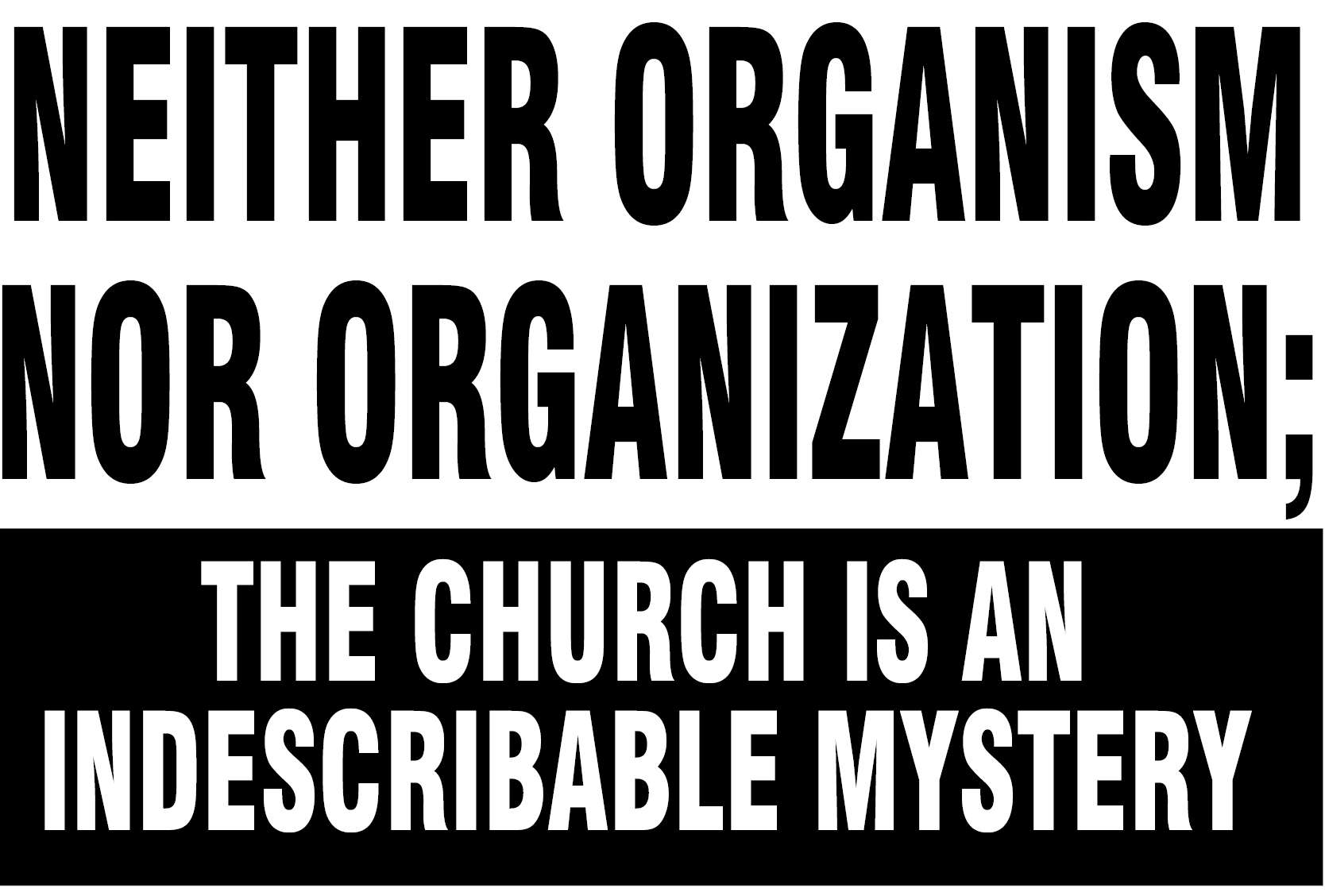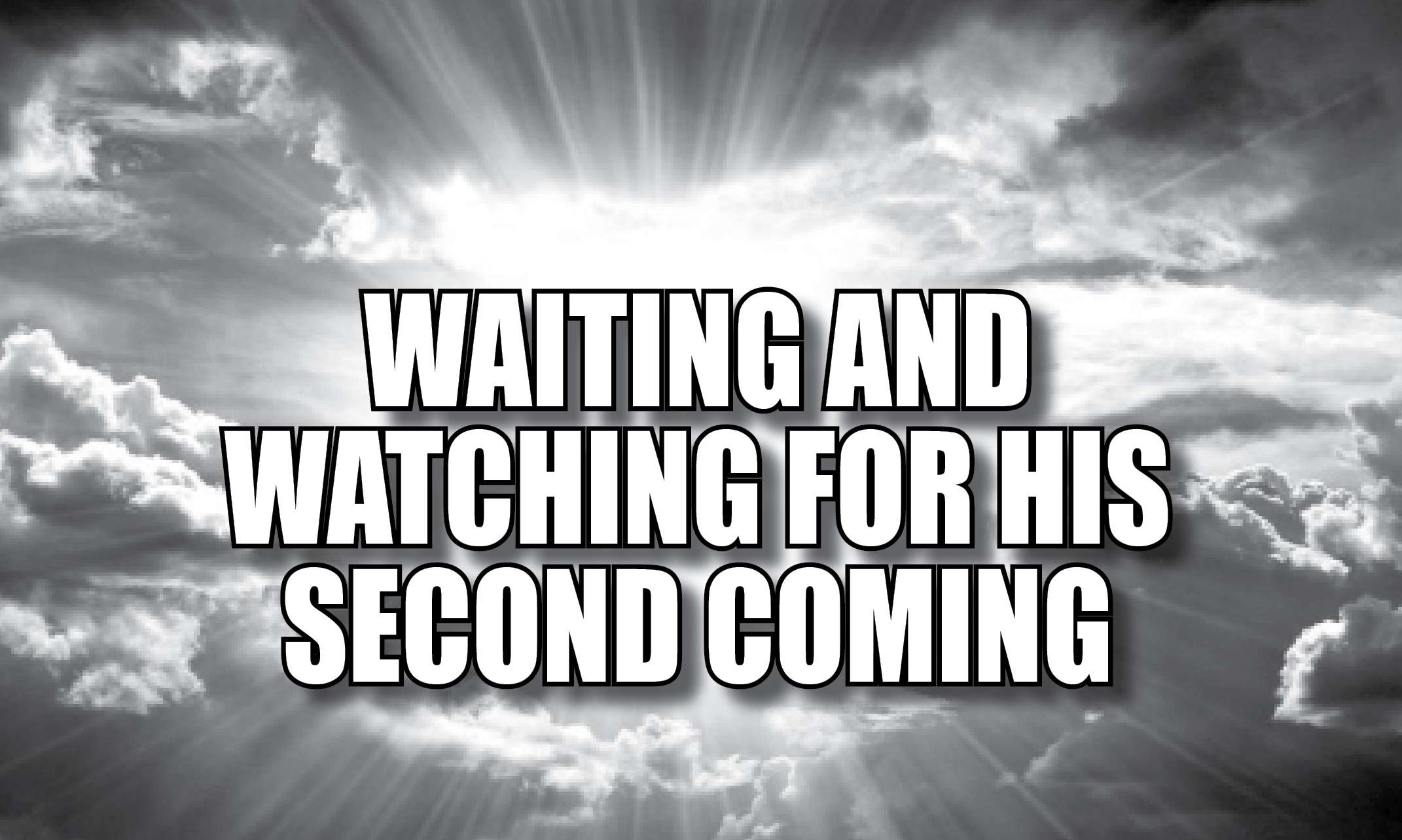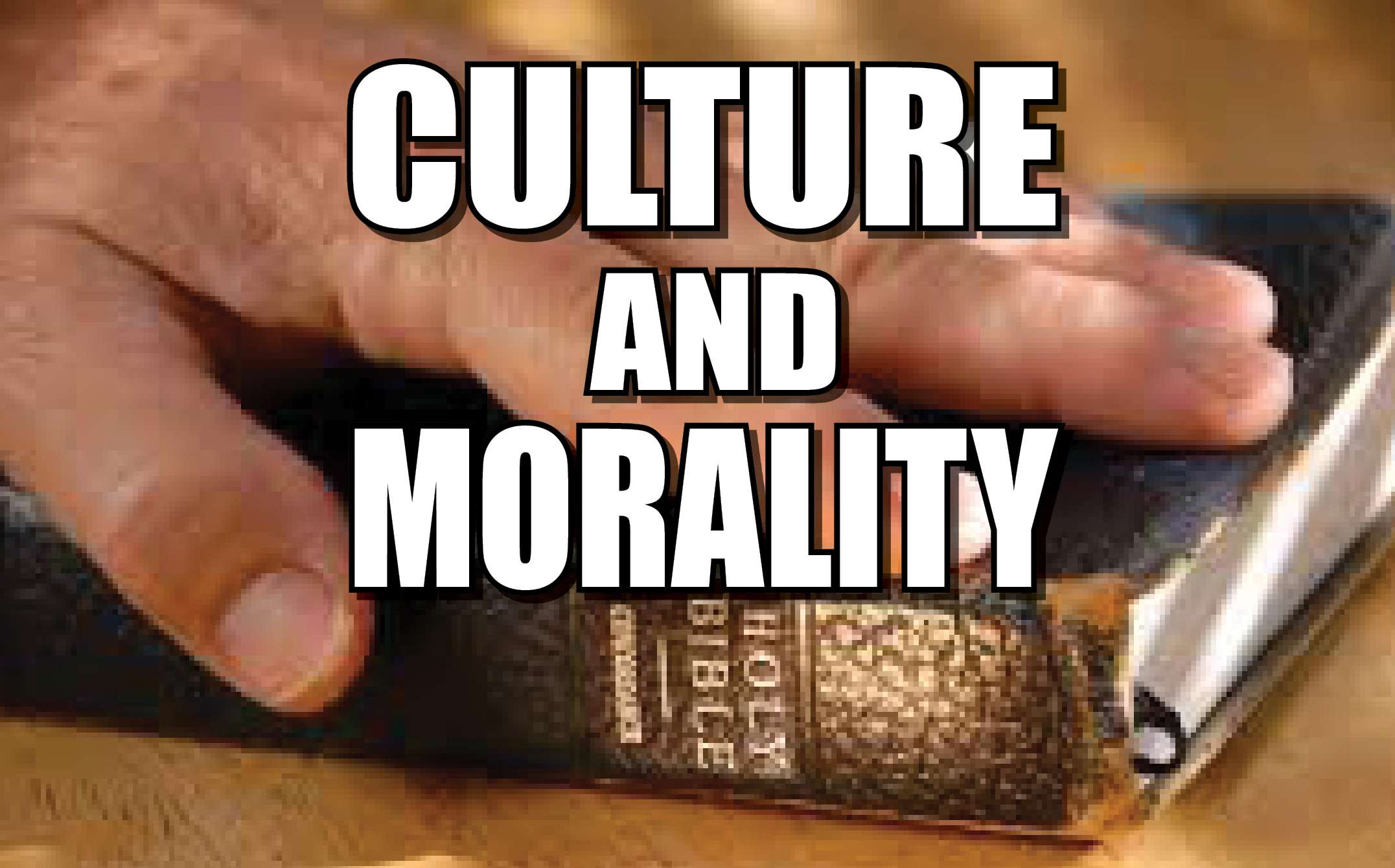

NO Economic and Racial Discrimination in the Church
Dr. J. N. Manokaran
Discrimination happens when people are treated less favourably than others in a comparable situation. People can be discriminated because of class: super rich, rich, upper middleclass, Lowe middleclass, poor, very poor…etc. People could be discriminated because of ethnicity: Language, region, nationality, culture…etc that includes migrants or strangers. In India, people could be discriminate because of caste. There could be general discrimination due to gender, age, education, disability…etc. Bible clearly teaches us that God is impartial and does not show any favouritism. (Romans 2:11; Ephesians 6:9) Apostle James condemns showing favourtism in the congregation. (James 2:1) God commanded to treat strangers or immigrants with dignity. (Leviticus 19:33-34)
Prejudice could be defined as a judgement, which is generally negative about another person or a group, without knowing or understanding them. Discrimination is internalized and thus becomes an attitude.
I Discrimination against the poor
“There was a little city with few men in it, and a great king came against it and besieged it, building great siege works against it. But there was found in it a poor, wise man, and he by his wisdom delivered the city. Yet no one remembered that poor man. But I say that wisdom is better than might, though the poor man's wisdom is despised and his words are not heard.” (Ecclesiastes 9:14-16)
Status of the poor
1. Poor contribute
Poor people contribute for the welfare of the city. In the incident, the poor man was wise and contributed to the city by his wisdom. Poor not only provide physical manual labour or other skills, they contribute their knowledge and wisdom for the city.
2. Poor protect
This poor man saved the city. Their contribution is vital for the safety of the city. In the cities, poor clean the city. Without their contribution for hygiene, the cities would be plagued with diseases and destruction.
3. Poor are neglected
Thought the poor person helped to save the city, he was not remembered. There was no statue or memorial for him. Poor are easily forgotten. There are people who wish poor people removed from their sight. There was no recognition of the poor man services. There was no reward or award for the poor man while the rich, wicked and corrupt get their memorials and museums. .
4. Poor are despised
Indeed, the poor people are despised. It is not only they are ignored, they are despised or ridiculed. No one wants to listen to their wisdom. Their contribution are demeaned or trivialized.
Attitude of rich towards poor: Three aspects
There was no attitude of caring, sharing and providing dignity to others. The parable of the rich man and Lazarus brings forth three prominent attitudes. (Luke 16: 19-31; Ezekiel 16:49))
1. Arrogance
The pavement dwellers from the rich man’s balcony were clearly visible. This beggar was annoyance. Even today, the rich want the slums to be out of sight, poor to be invisible in the city. In an honour and shame culture, India has to be displayed as city with malls, skyscrapers, space power, nuclear power and quest for water from moon. For these, getting pizza in fifteen minutes is progress. Police or ambulance arriving few hours later in rural areas is not newsworthy and such news should be banned from media.
2. Overfed
This man was overfed and was not willing to share. However, this man wanted to dictate the other person eats. The menu would be dictated by this man. Eggs were withdrawn from mid-day meals provided in the schools in on State of India. Only 25 percent are vegetarians. Most of these vegetarians do not send their children to schools where mid-day meals is served. However, they want to dictate what others eat.
3. Unconcerned
The rich man was unconcerned, did not have sympathy or mercy on that beggar named Lazarus. It was easy, simple and possible for the rich man to provide one good meal for the beggar. It would have hardly made any difference in this home budget. Graciousness and generosity is not a natural human virtue. This rich man thought he was fortunate, lucky and even divinely blessed that he need not be concerned about less fortunate, marginalized and deprived. He did not understand, God has placed this man right there to test his character. The rich man failed miserably in the character evaluation.
II Discrimination against ‘others’
The ‘others’ are those who are different because of language, colour, culture, certain habits, religion, dress and food habits…etc. The tendency is to treat ‘others’ without love, sometimes with intense hatred.
Babylonian mindset
In almost all cultures there is an hierarchical thinking about humans. Dr. Selvi Ganesh in a seminar on 23 September 2021 said that his thinking originated in Babylon. She terms it as ‘Babylonian mindset’ which is anti-Christ in function and devilish in origin. In the Bible, Babylon represents spiritual adultery, commercial materialism, ruthless oppression and also blatant discrimination. In ancient Babylon, there were four categories of people: Priests, Upper castes, Lower castes and slaves. Similar categorization could be seen in Roman Empire. In India, it takes the shape of varnas or castes. The Priestly being Brahmins; the rulers, knights, warriors being Kshatriyas; the farmers, traders being Vaishyas and other who do manual labour are termed as Shudras. Within these four broad categories there are hundreds of subcastes and clans within those subcastes. These castes function with the notion of purity and pollution. Even a touch could pollute someone. Eating together or marrying from different castes are forbidden according to Hindu philosophy, traditions and religion.
Nation of Israel
The Nation of Israel also had such mindset of discrimination. The Jerusalem elite including priests, Levites and scribes considered themselves as the leaders, privileged class, had superiority complex. The second were the other tribes that lived in Jerusalem and surrounding areas. The third were the Galileans. The fourth were the Samaritans. One such prejudice is that of Nathaniel: Can any good thing come from Nazareth. (John 1:46) Another prejudice is that no prophet could come out of Galilee. (John 7:52) Lord Jesus Christ went to a Samaritan village, spoke with a Samaritanwoman, and exalted a Samaritan as good in his parable. (John 4; Luke 10:25-37)
III Renewed Mind
As Christians, we cannot follow the diktats, patterns, trends and traditions of the world. Instead have a renewed mind that is possible through the Truth – the Word of God. (Romans 12:1,2)
1. Creation
The creation narrative in the first chapter of the Bible clearly teaches that God created Adam. He gave Eve as his wife by taking a rib out of Adam. (Genesis 1:27; 2:22) Hence, the only first human couple is Adam and Eve. From them all humans have descended irrespective of culture or nations or colour or race or caste. Those who believe in caste deny that God is the creator of humanity.
2. Call
God called Abraham to be a great blessing to all nations in the world. However, for that there was a pre-condition. He had to forsake many things and choose to follow Jehovah, who did not disclose the destination. (Genesis 12:1) Abraham had to forsake his citizenship (country), language, culture (people) and caste (family name and clan). For these identities people are willing to die and kill others. However, Abraham could not be identified with these earthly identifications, but by his relationship with God. For a Christian, the only eternal identity is being a child of God. (John 1:12) Without heeding to this missional call we cannot never be spiritual descendants of Abraham.
3. Cross
Lord Jesus Christ came into this world to save the sinful humanity. His life, suffering, death, burial, resurrection and ascension are all for all human beings. Not a single person is exempted. Any person, any people group (caste or tribe or clan) cannot be discriminated as Lord Jesus Christ has loved them and have laid his life for them. Who are we to discriminate someone, when Lord Christ has died for them to redeem them?
4. Church teaching
Paul the Apostle to Gentiles taught that all are one in Lord Jesus Christ. There is no possibility for discrimination. “There is neither Jew nor Greek, there is neither slavenor free, there is no male and female, for you are all one in Christ Jesus.” (Galatians 3:28) Paul condemned Jewish believers who discriminated the Gentile believers. Even Peter, a senior Apostle did not escape his rebuke. (Galatians 2:11-14)
5. Church practice
The first century church as in recorded in the Acts of Apostles did not tolerate discrimination. There was a gossip that Hebraic widows and Hellenistic widows were not treated equally in the daily distribution. Immediately, the apostles called for an emergency meeting. In fact, seven Hellenistic Jews were appointed as deacons to oversee the operation. (Acts 6)
The Church at Antioch demonstrated inclusiveness in its leadership. “Now there were in the church at Antioch prophets and teachers, Barnabas, Simeon who was called Niger, Lucius of Cyrene, Manaen a lifelong friend of Herod the tetrarch, and Saul.” (Acts 13:1) There are five leaders from three different known continents of that time. America and Australia were yet to be discovered. Simeon who was called Niger was from Africa. Barnabas as a Jew was from Asia. Saul had a Roman citizenship signifying him as a European.
Challenge
Discrimination in any form in the church cannot be accepted. The Church should demonstrate the koinonia love for all as Lord Jesus Christ taught, demonstrated and commanded us. The Indian Church should become a model that the nation looks for inspiration. Sadly, there are several church people who foolishly and without true faith practise unwarranted discrimination based on case or class. Indian churches could introduce an oath to be taken before baptism which declares that as a Christian will not have caste as identity or matter of boasting.

